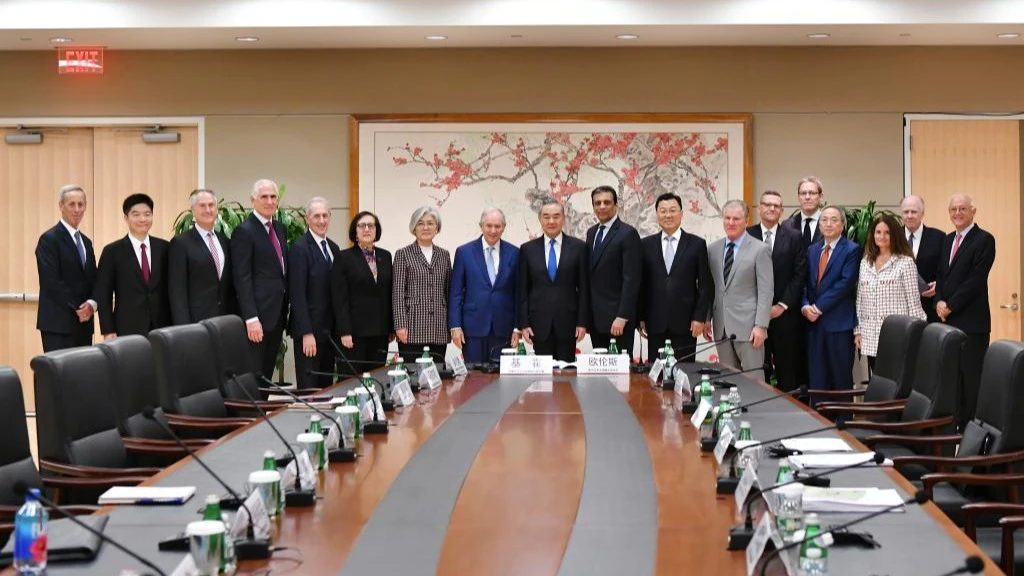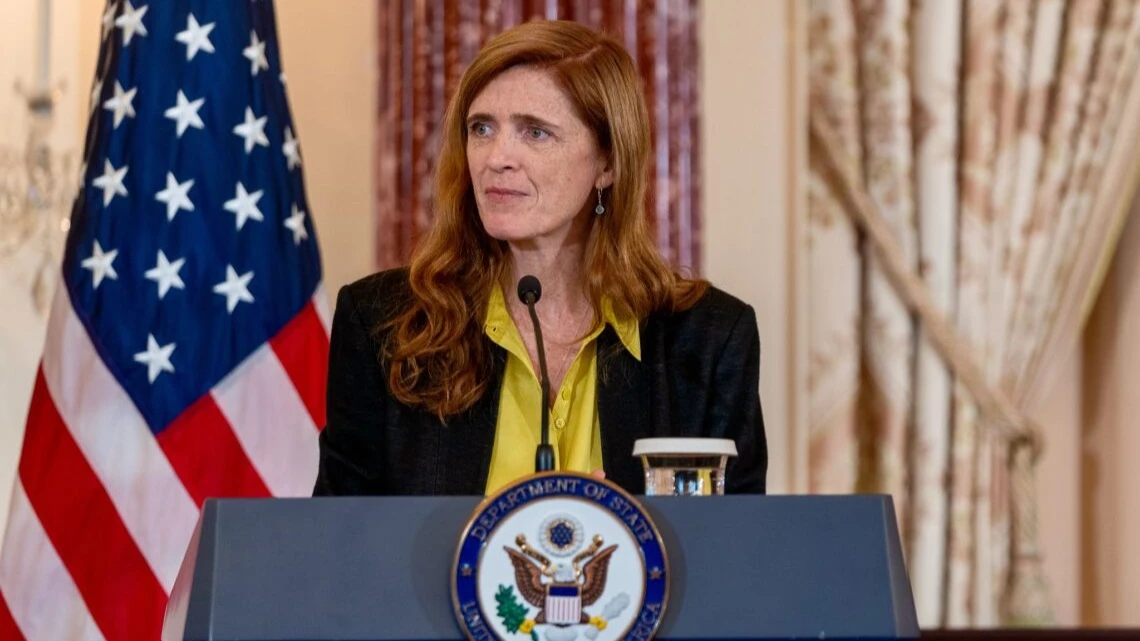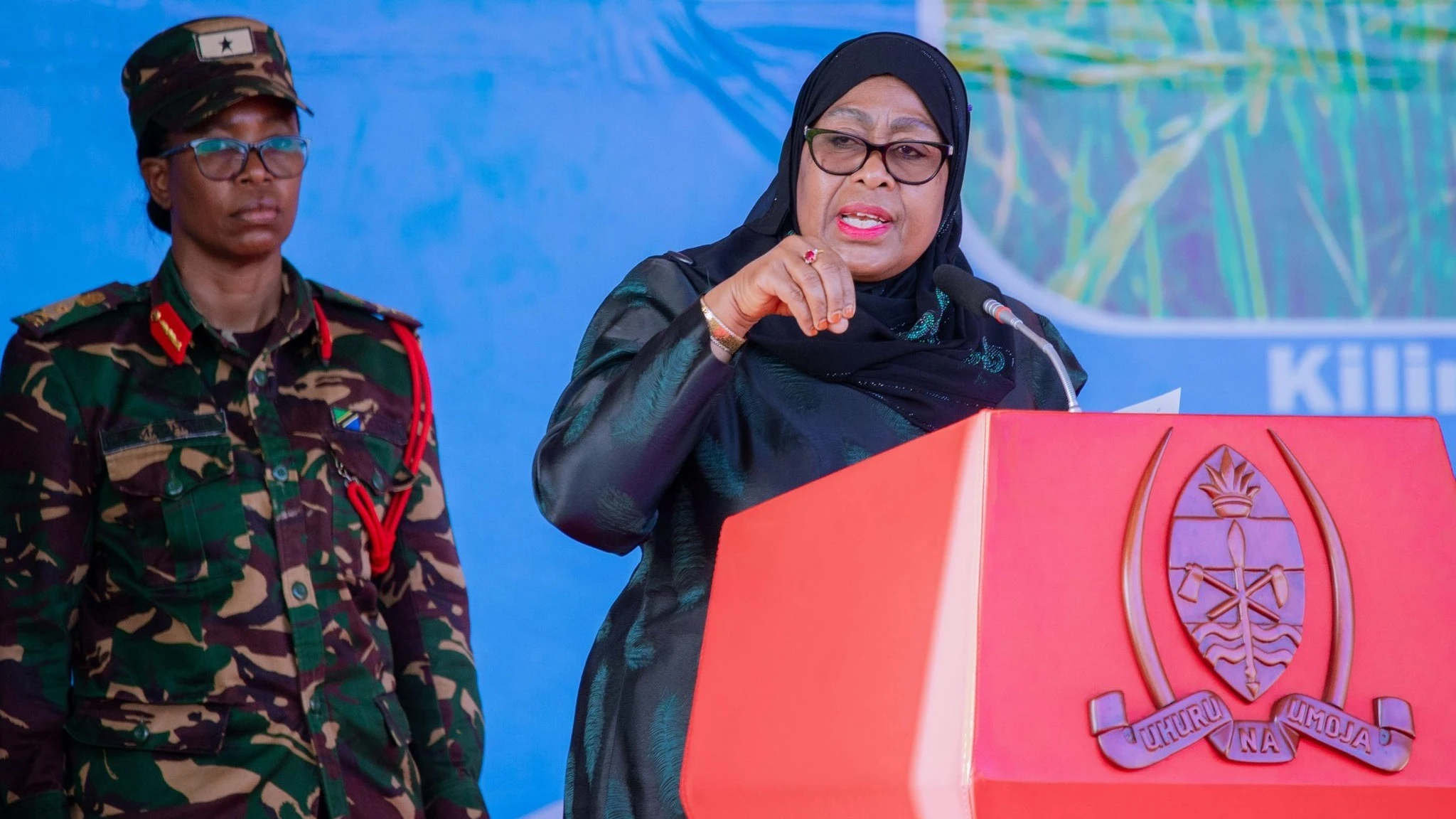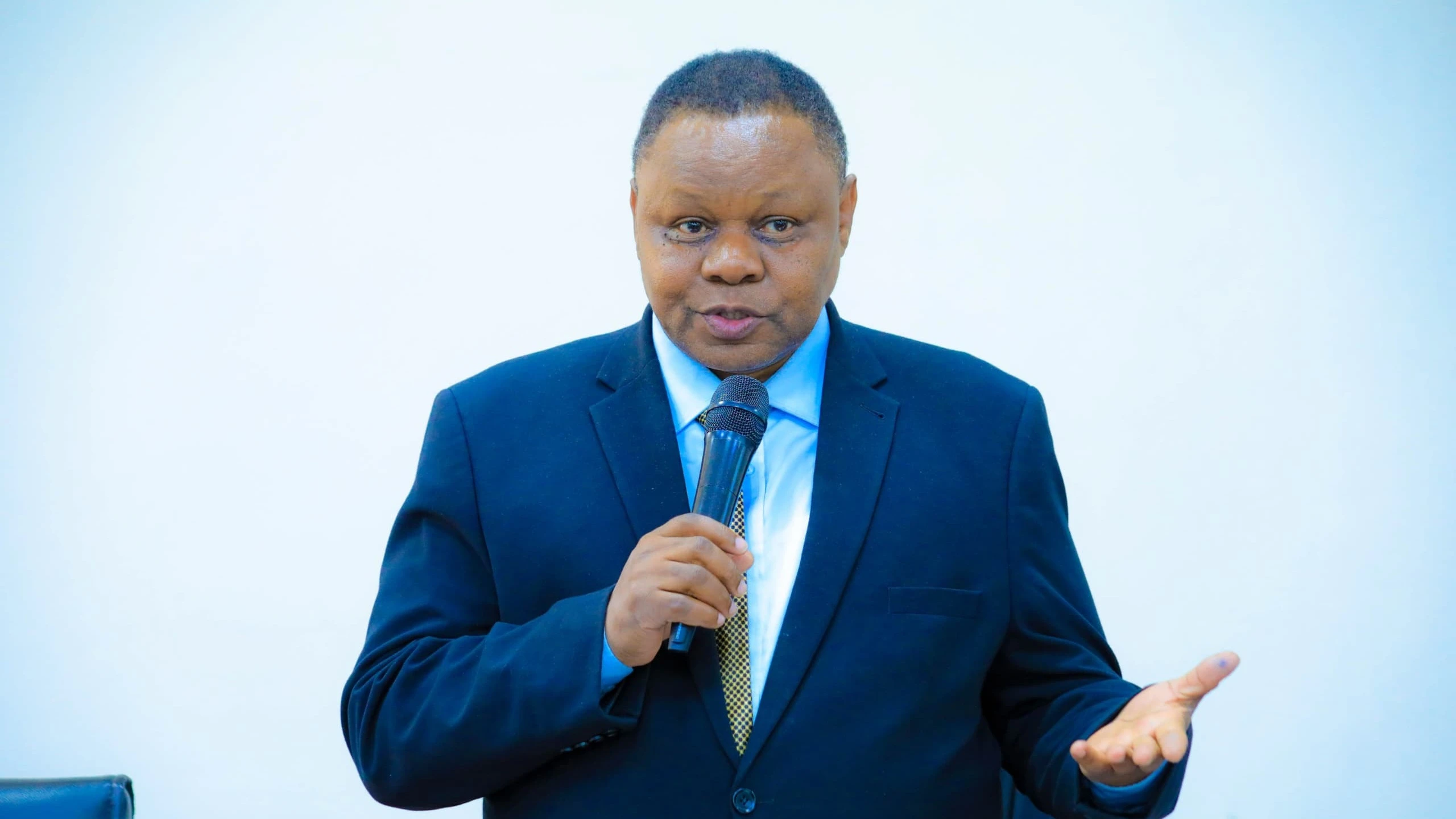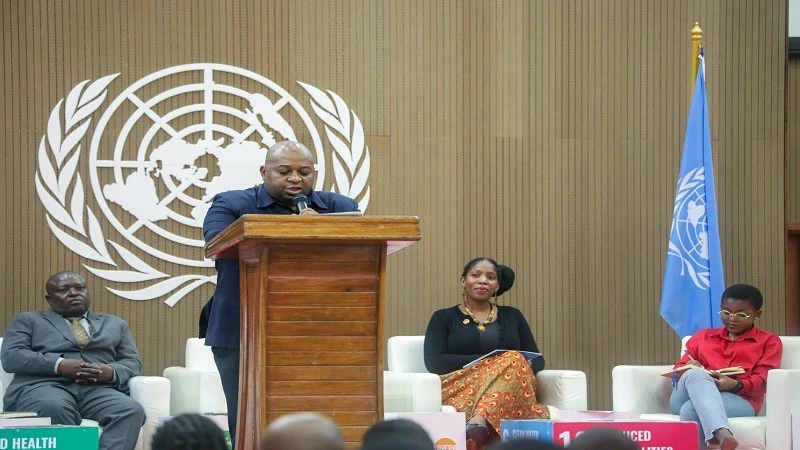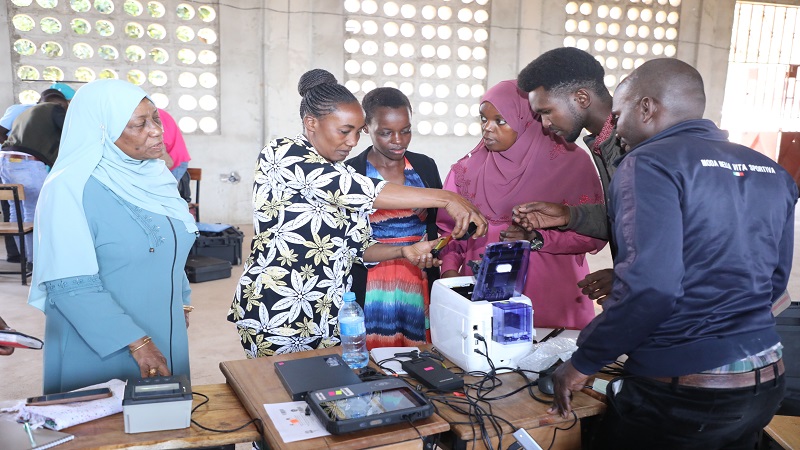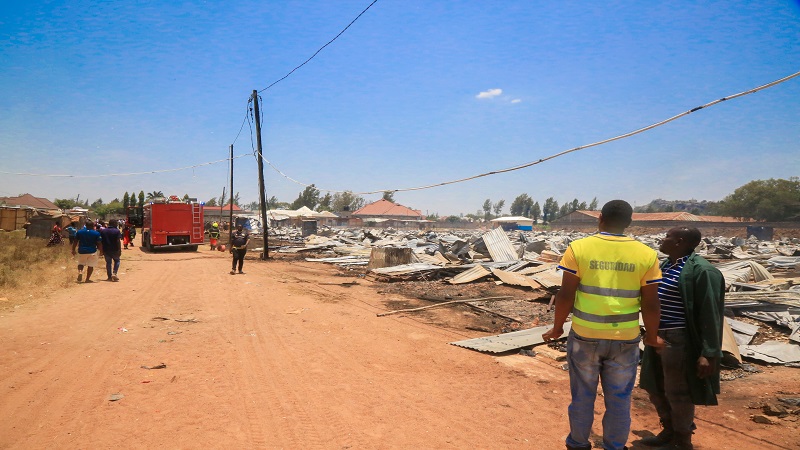Activists in drive to curtail early marriage, shield girls

IN a concerted effort to advocate for eradication of adolescent marriage in the country, a group of activists has launched a campaign aimed at educating girls and communities across various regions on the importance of protecting rights of the girl child.
The campaign commenced early this week, targeting regions vulnerable to child marriage, namely Mara, Shinyanga, Tabora, and Dodoma. It is organised under Tanzania End Child Marriage Network (TECMN) which comprises of over 80 non-governmental organisations.
Currently, Tanzania’s Marriage Act of 1971 sets the minimum age of marriage for girls at 15 with parental consent while boys must be at least 18. Activists argue that this legislation undermines the dignity and aspirations of girls across the country.
During the campaign’s inauguration in Tarime District, Mara Region, Lilian Kimati, TECMN coordinator, expressed commitment to eradicating practices that hinder children’s dreams.
“If this law is revised, we believe child marriages could become a thing of the past, enabling girls to achieve their dreams,” she said.
Peragia Baron, the acting Tarime District Executive Director, acknowledged the crucial role played by various organisations in reducing rates of child marriage and female genital mutilation (FGM) in the district.
“Historically, child marriage was alarmingly common, with many girls wed shortly after undergoing FGM. It was not unusual for girls to be considered wives by the time they reached Standard Four and to be married by Standard Seven. In local customs, once a girl is circumcised, she is viewed as an adult and eligible for marriage,” she said.
Baron noted that while child marriage still exists, the rates have significantly decreased in recent years, thanks in part to advocacy centres supporting children fleeing forced marriages. She urged for the establishment of more organisations in rural areas to broaden outreach.
“If these programmes reach every village, we could make substantial progress in preventing child marriage as many individuals in these areas lack awareness and do not know where to report such issues,” she said.
She said that areas bordering Sirari and Nyamongo centres, known for their mining activities in the district, are particularly affected by teenage pregnancies and FGM.
Baron pointed out that FGM is a major contributor to teenage pregnancies in the district, with the Masanga Girls Centre in Tarime often overwhelmed during FGM season as girls seek refuge.
She added that the council allocates a specific budget each year for the social welfare department to raise awareness about combating FGM and child marriage.
Valerian Mgani, project manager at the Association for Termination of Female Genital Mutilation (ATFGM) in Tarime, said that the initiatives to combat child marriage have faced obstacles due to some politicians who defend those perpetrating the acts.
“When we work against FGM and child marriage, we often face opposition from certain politicians who argue we interfere with their constituents' customs. Even when we involve police, they claim we act against local traditions,” Mgani said.
Recently, Msichana Initiative which is part of TECMN raised concerns about stalled efforts to amend Sections 13 and 17 of the Marriage Act of 1971 which permit marriage for girls as young as 15.
Top Headlines
© 2024 IPPMEDIA.COM. ALL RIGHTS RESERVED








